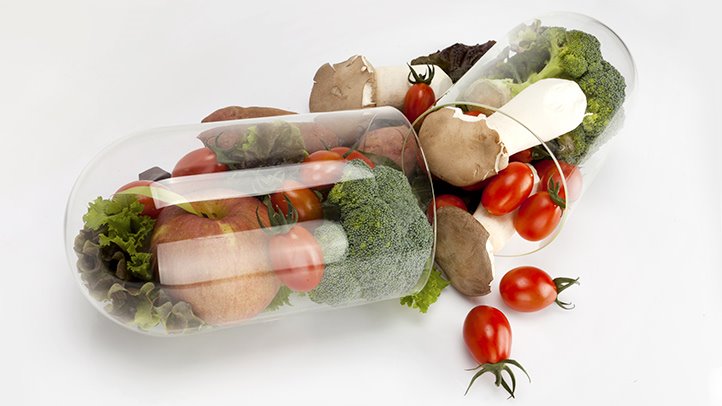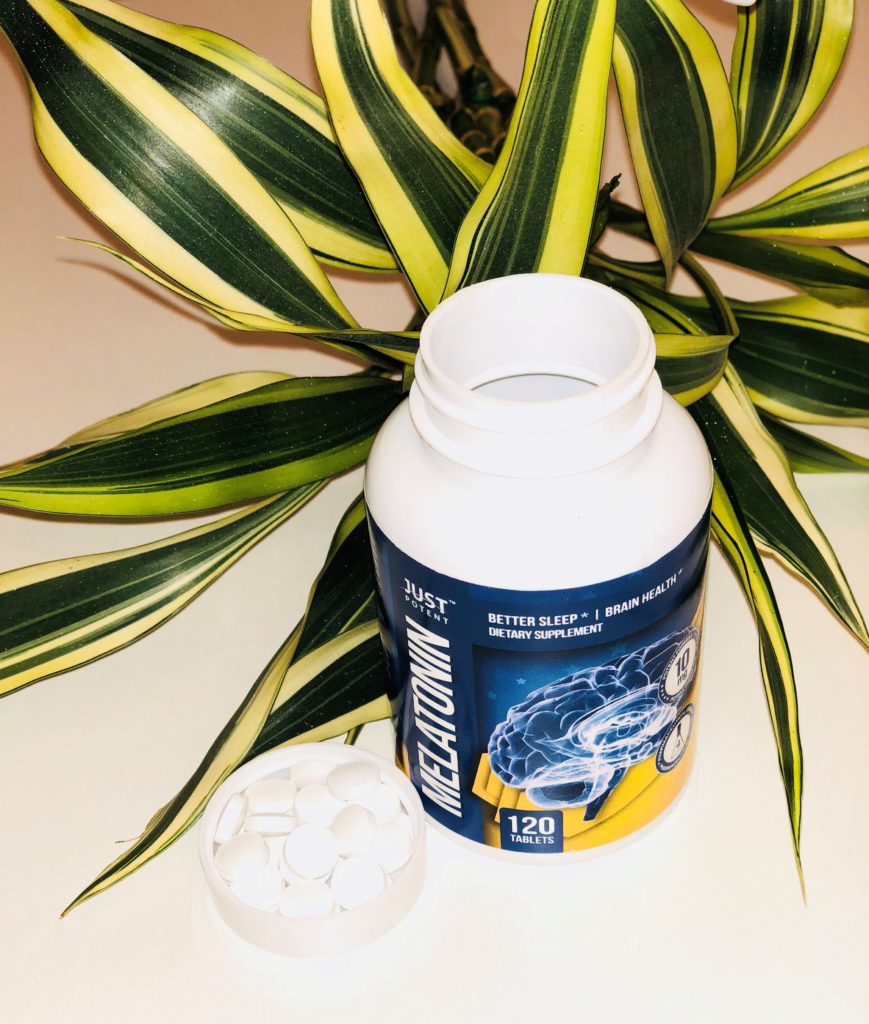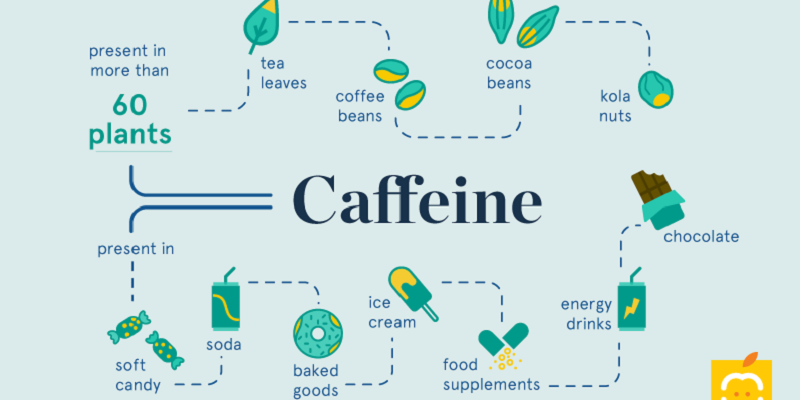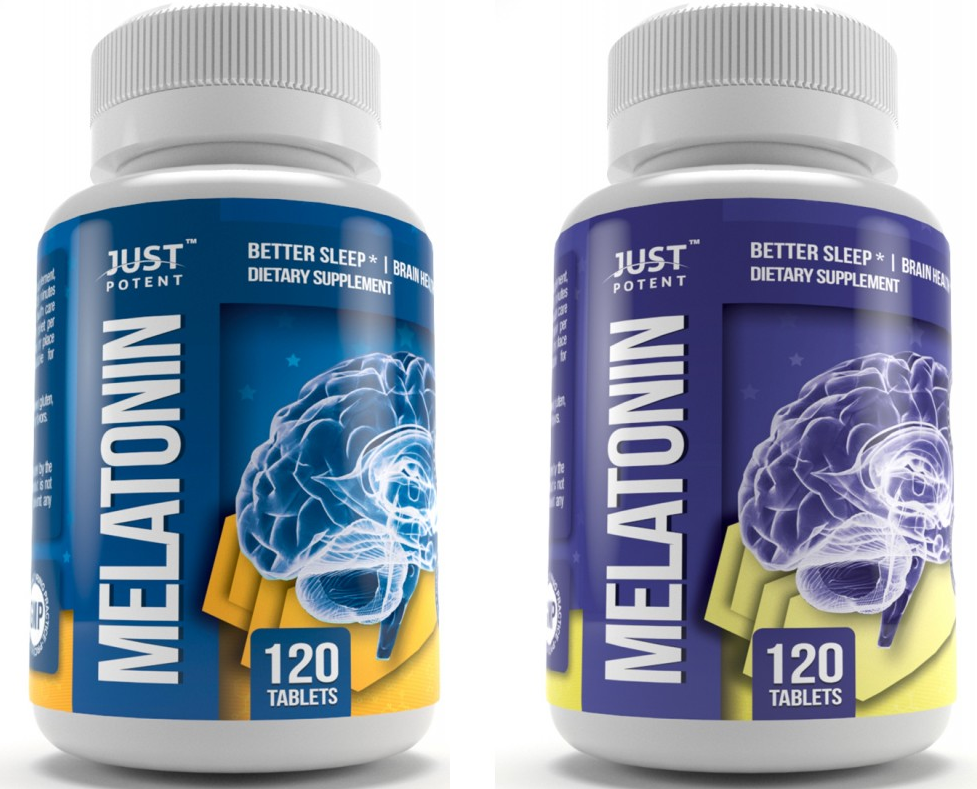What are Supplements?
Supplements are a topic that has become more frequently addressed over the past five years. I remember the first time I found supplements in my mother’s room. Of course, being the curious child that I was, I decided to taste it. Its metallic taste made me realize that tasting it probably wasn’t the smartest thing to do. So what are supplements, and what do they do? The term “dietary supplement” describes a wide and assorted class of products that you consume or drink to maintain excellent health and enhance your diet.
Dietary supplements are not medications, neither should they be regarded as a replacement for food, instead, they should “supplement” whatever plan of action one has in place to tackle a health or dietary issue. Ordinarily, dietary supplements can be made up of one or more aggregates of any of the following:
- Vitamin
- Mineral
- Fiber
- Herbs or other botanical compounds
- Amino acid (the individual building blocks of a protein)
- Concentrate, metabolite, constituent, or extract
Supplements are manufactured and are meant to act as support structures for the maintenance of the human body. Dietary supplements can further comprise of certain elements that have not been established as being essential to life but are promoted as having a helpful organic outcome, such as plant pigments. Animals can also be a source of supplement ingredients, and a very good example of this is the collagen from chickens or fish. These are also sold individually or in combination, and may be combined with different ingredients.
Types of Supplements
Dietary supplements also come in a number of forms including:
- Tablets: (Perhaps one of the most popular ways of producing supplements)
- Capsules: (Capsules are also very popular)
- Powders
- Softgels
- Gelcaps
- Liquids
- Lozenges
These supplements can be found at a number of retailers including:
- Pharmacies
- Grocery stores
- Vitamin and health food stores
- Online stores
- Mail-order catalogs.
Dietary supplements include:
- Botanicals (derived from plants and possibly including herbs)
- Vitamins
- Minerals
- Fatty Acids
- Other Dietary Supplements
Dietary supplements are generally obtainable in health food stores, drug stores, grocery stores, fitness stores / gyms, and online stores. They come in many forms including two-piece capsules, soft gels, tablets, bottles of liquid, powders and gummies.
Ingredients Contained in Supplements
According to the Food and Drug Administration, the Federal Food, Drug, and Cosmetic Act defines a dietary element as a vitamin; mineral, herb, amino acid or other plant-produced dietary substance that is set in place for use by human beings to supplement the diet by increasing the total dietary intake; or a concentrate, metabolite, component, extract, or compound of the above-mentioned substances.
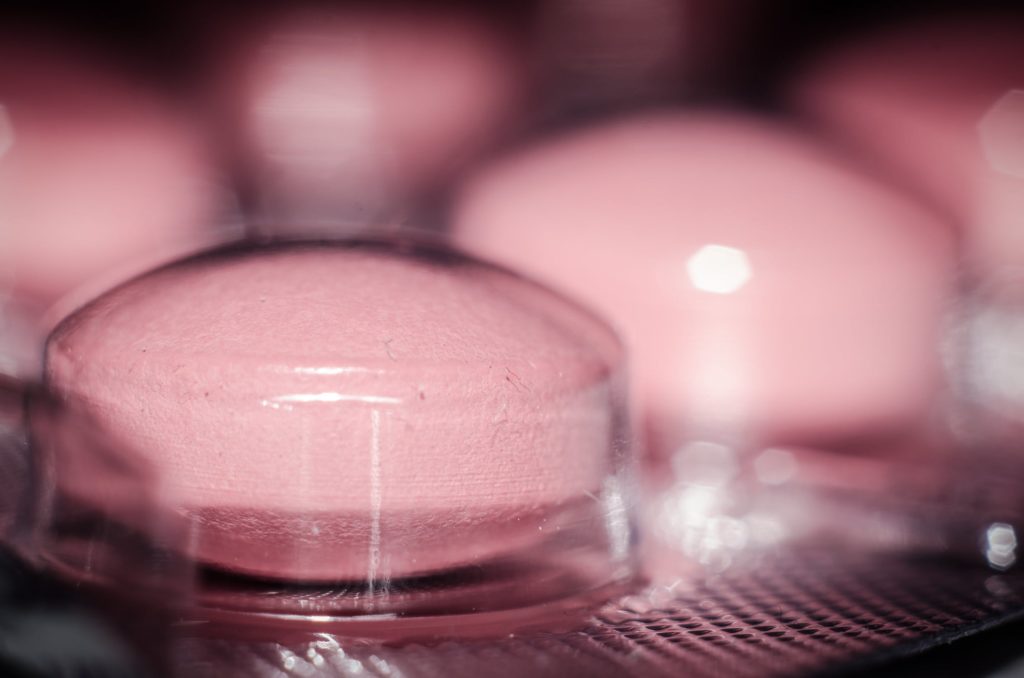
Also according to the FDA, unlike medical drugs, supplements are not intended to treat, diagnose, prevent, or cure any ailments. Instead, they are meant to do just what their name suggests: supplement. That means supplements should not make claims, such as “reduces pain” or “treats heart disease.” Claims like these can only legitimately be made for drugs, not dietary supplements.
What is in dietary supplements?
Dietary supplements include such ingredients as vitamins, minerals, herbs, amino acids, and enzymes. Dietary supplements are marketed in forms such as tablets, capsules, soft gels, gelcaps, powders, and liquids.
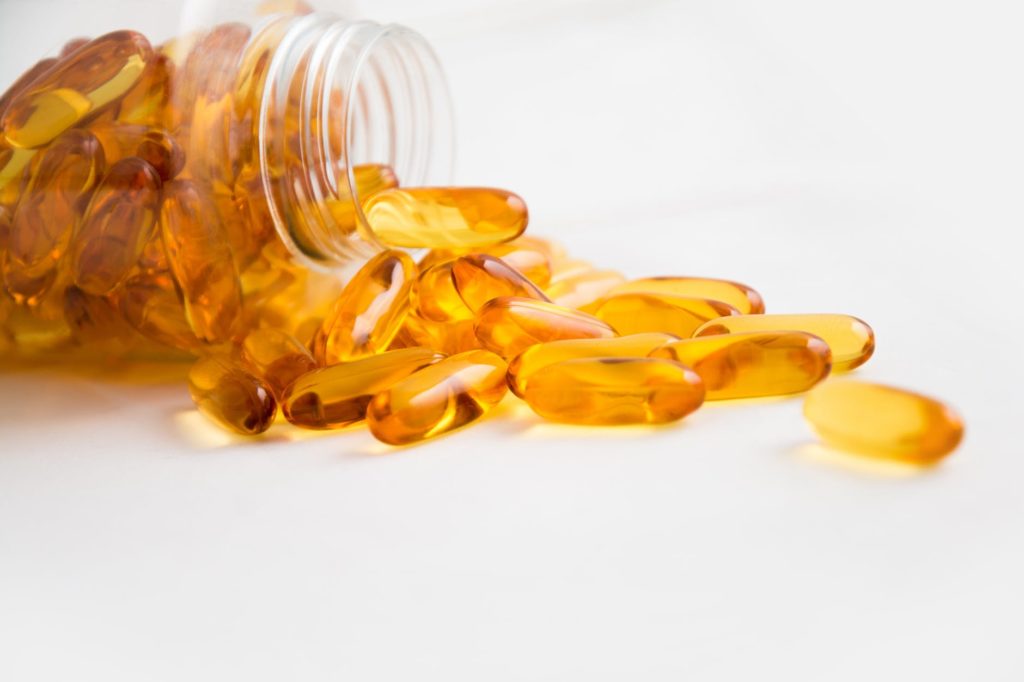
Below are some of the ingredients that are contained in some supplements, but beware, some of the ingredients are approved by the FDA, and some are not. Below are a few examples of ingredients that are in certain supplements.
Acacia rigidula
According to the Food and Drug Administration, Acacia rigidula is labeled as a dietary ingredient in some products marketed as dietary supplements. However, the Food and Drug Administration is not aware of any information demonstrating that A. rigidula was lawfully marketed as a dietary ingredient in the United States before October 15, 1994. As a result, A. rigidula is a new dietary ingredient, and for dietary supplements that contain A. rigidula to be lawfully marketed, one of the following must apply:
- the product containing the dietary ingredient must contain only dietary ingredients that have been present in the food supply as an article used in food in a form in which the food has not been chemically altered, or
- There must be a history of use or other evidence of safety establishing that the dietary ingredient, when used under the conditions recommended or suggested in the product labeling, will reasonably be expected to be safe; and at least 75 days before the product is introduced or delivered for introduction into interstate commerce, the manufacturer or distributor must notify FDA of the basis on which the manufacturer or distributor has concluded that a dietary supplement containing such dietary ingredient will reasonably be expected to be safe.
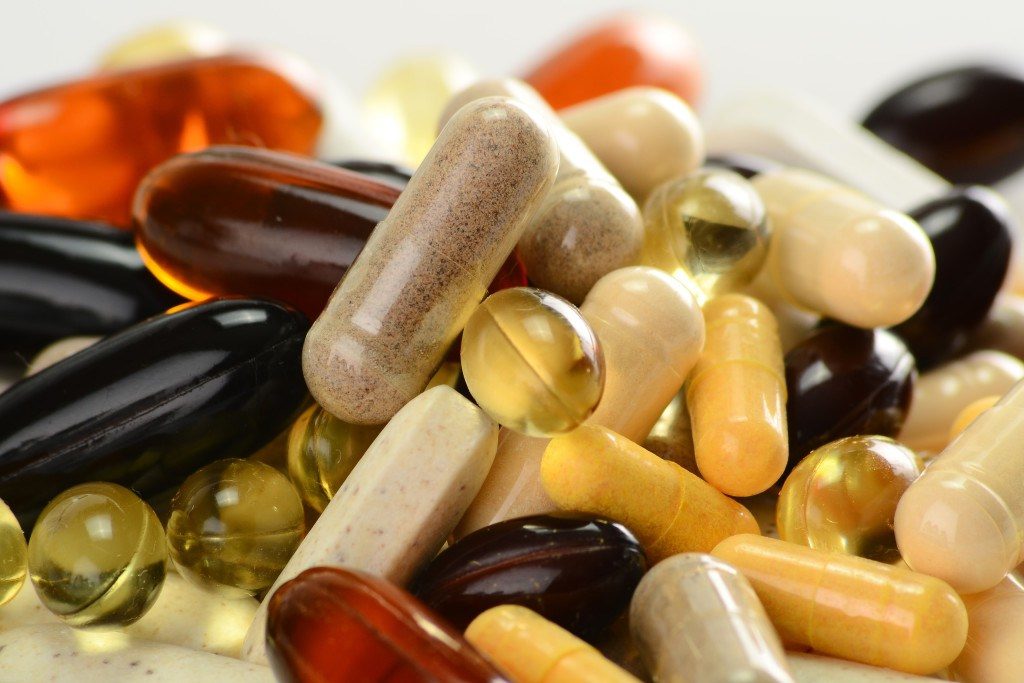
Since neither of these conditions has been met by those marketing products that contain A. rigidula as a dietary ingredient, these products are deemed to be adulterated.
Acacia rigidula is also known as:
- Vachellia rigidula
- Chaparro Prieto
- blackbrush
BMPEA
According to the Food and Drug Administration, BMPEA is a substance that does not meet the statutory definition of a dietary ingredient. The Federal Food, Drug, and Cosmetic Act defines a dietary ingredient as a vitamin; mineral; herb or other botanical; amino acid; dietary substance for use by man to supplement the diet by increasing the total dietary intake; or a concentrate, metabolite, constituent, extract, or combination of the preceding substances. BMPEA is none of these, rendering misbranded any products that declare BMPEA as a dietary supplement.
BMPEA is also known as:
- βMePEA
- R-beta-methylphenethylamine
- R-beta-methylphenethylamine HCl
- Beta-methylphenethylamine
- β-methylphenethylamine
- 1-amino-2-phenylpropane
- 2-phenylpropane-1-amine
- 2-phenylpropanolamine
- alpha-benzylethylamine
- 1-phenyl-1-methyl-2-aminoethane
- beta-methylbenzeneethanamine
- beta-phenylpropylamine
- 2- phenyl-1-propanamine
DMAA
DMAA (1,3-dimethylamylamine) is an amphetamine derivative that has been marketed in sports performance and weight loss products, many of which are sold as dietary supplements. DMAA is not a dietary ingredient, and DMAA-containing products marketed as dietary supplements are illegal and their marketing violates the law.
Also known as methylhexanamine or geranium extract, DMAA is often touted as a “natural” stimulant; however, the FDA is not aware of any reliable science indicating that DMAA exists naturally in plants. Although DMAA at one time was approved as a drug for nasal decongestion, it is no longer approved for this use and no medical use of DMAA is recognized today. DMAA, especially in combination with other stimulant ingredients such as caffeine, can be a health risk to consumers. Taking DMAA can raise blood pressure and lead to cardiovascular problems ranging from shortness of breath and tightening in the chest to heart attack.
The FDA continues to advise consumers not to buy or use products marketed as dietary supplements that contain DMAA due to the health risks they present.
DMBA
DMBA is labeled as a dietary ingredient in some products marketed as dietary supplements. However, the FDA is not aware of any information demonstrating that DMBA was lawfully marketed as a dietary ingredient in the United States before October 15, 1994. As a result, for dietary supplements that contain DMBA to be lawfully marketed, one of the following must apply:
the product containing the dietary ingredient must contain only dietary ingredients that have been present in the food supply as an article used in food in a form in which the food has not been chemically altered, or
there must be a history of use or other evidence of safety establishing that the dietary ingredient, when used under the conditions recommended in the product labeling, will reasonably be expected to be safe; and prior to bringing the products to market, the manufacturer or distributor must notify FDA of the basis on which the manufacturer or distributor has concluded that a dietary supplement containing such dietary ingredient will reasonably expected to be safe.
Since neither of these conditions has been met by those marketing products that contain or are labeled as containing DMBA as a dietary ingredient, the FDA considers these dietary supplements to be adulterated.
DMBA is also known as:
- 1,3-Dimethylbutylamine
- 2-Amino-4-Methylpentane Citrate
- 4-Amino-2-Methylpentane Citrate
- 4-Amino Methylpentane Citrate
- Amperall
- AMP
- AMP Citrate
- 4-AMP Citrate
- 4-Methyl-2-Pentanamine
Keep an eye out for the second portion of this blog post. What do you think? What are your thoughts on the ingredients contained in some supplements? Have you checked out our great supplements? Right now is the best time to check out the array of supplements that we have. For example, we have biotin supplement, magnesium supplement and turmeric curcumin supplement to name a few. What is even more amazing is that you can find some of these items on sale right now. Head over to www.justpotent.com to take advantage of huge savings on supplements that work.
SOURCES:
Types of Dietary Supplements.” American Diabetes Association, www.diabetes.org/living-with-diabetes/treatment-and-care/medication/other-treatments/herbs-supplements-and-alternative-medicines/types-of-dietary-supplements.html.
Center for Food Safety and Applied Nutrition. “Dietary Supplements.” U S Food and Drug Administration Home Page, Center for Food Safety and Applied Nutrition, www.fda.gov/Food/DietarySupplements/.
